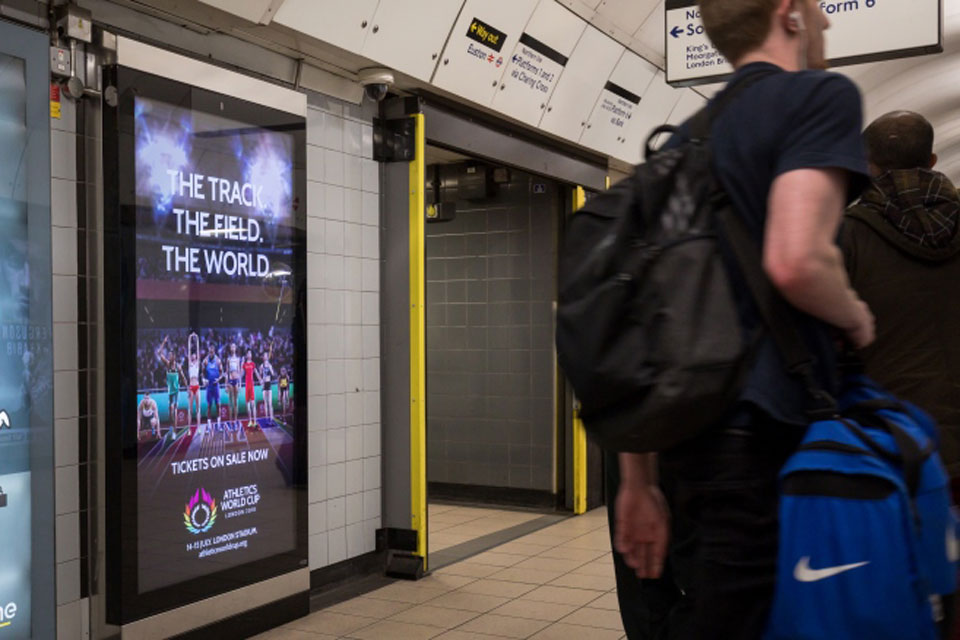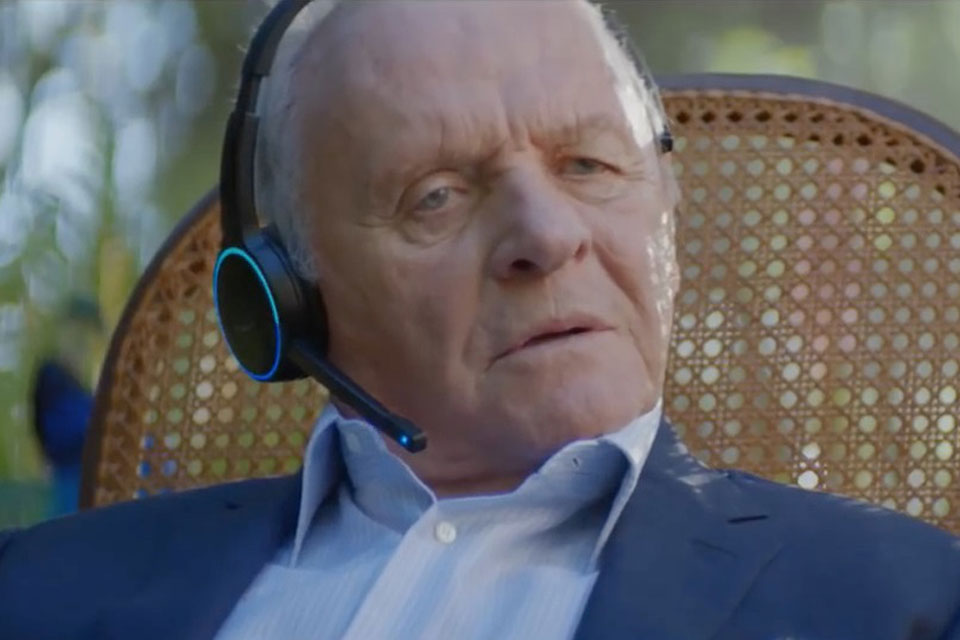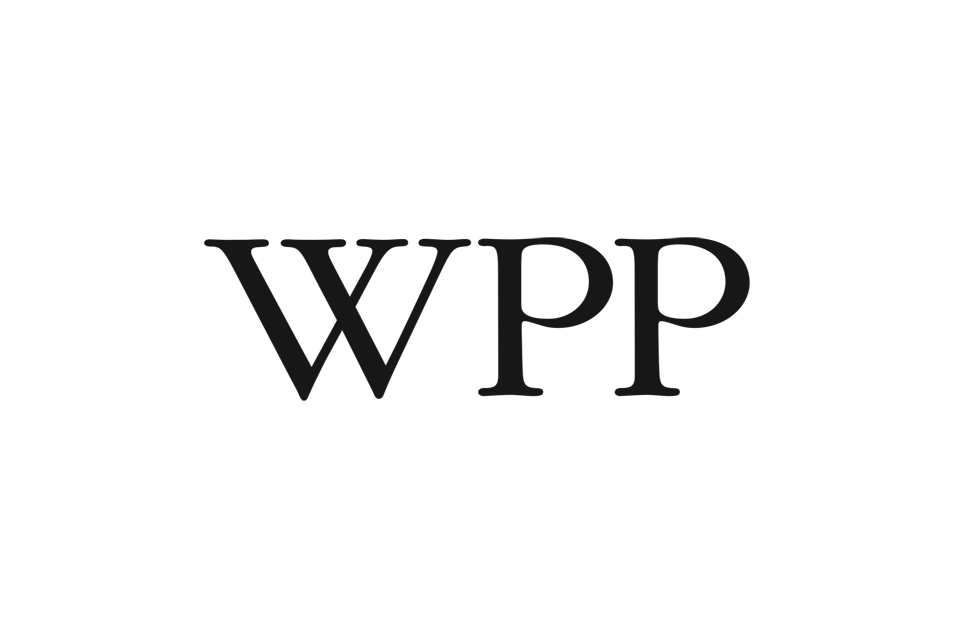The average person will be spending 84 minutes a day watching videos online by 2020, according to the latest forecasts from Zenith.
In that year, China will have the keenest viewers, with the average person spending 105 minutes a day watching online video, followed by Russia (102 minutes) and the UK (101 minutes).
Zenith says this rapid rise in consumption is leading to a significant shift in the way brands plan campaigns across both television and online video.
The research covers 59 markets and encompasses all video content viewed over an internet connection, including broadcaster-owned platforms such as Hulu, ‘over-the-top’ subscription services like Netflix, video-sharing sites, e.g. YouTube, and videos viewed on social media.
Global online video consumption grew by 11 minutes a day in 2017, and we expect it to grow by an average of 9 minutes a day each year to 2020.
It accounts for almost all the growth in total internet use, and is growing faster than media consumption overall, so it is taking consumption time from traditional media.
Although some of this extra viewing is going to non-commercial platforms such as Amazon Prime and Netflix, Zenith says plenty of it is going to commercial platforms, so the supply of commercial audiences is rising rapidly.
In fact, the firm estimates that online video adspend grew 20% in 2017, to reach $27bn. Growth peaked at 36% in 2014 and has fallen steadily since then, but still remains high. It forecasts 19% growth in 2018, and an average of 17% annual growth to 2020, when online video adspend will reach $43bn.
Video’s share of online display advertising is rising steadily: it accounted for 27% of display adspend in 2017, and Zenith expects it to account for 30% in 2020.
Online video advertising is still only a fraction of the size of television advertising, but because television is stuck at 0% to 2% annual growth, this fraction is rising rapidly. The online video ad market was 10% of the size of the television ad market in 2015, and 14% in 2017. By 2020 Zenith expects online video adspend to be 23% of the size of television adspend.
“Online video is driving growth in global media consumption, as smartphones with high-speed data connections make high-quality video available to people on the move, and smart TV sets give viewers unparalleled choice in the living room,” said Jonathan Barnard, Zenith’s Head of Forecasting and Director of Global Intelligence. “The rapid rise in video viewing makes online video the world fastest-growing advertising format, creating new strategic and creative opportunities. Brands that do not currently have a strategy for online video need to think about getting one.”










